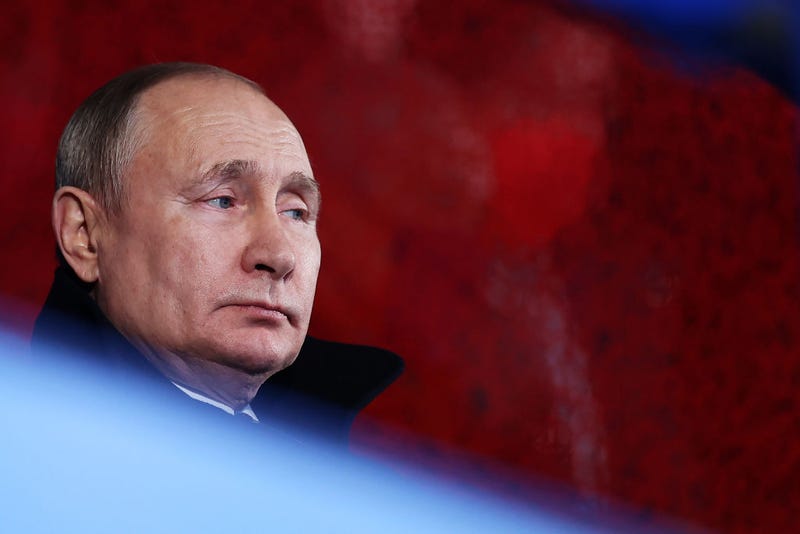
During an oral update Monday on the state of human rights on a global scale, United Nations High Commissioner for Human Rights Michelle Bachelet singled out Russia’s recent “false news” restrictions as concerning developments.
“In the Russian Federation, the arbitrary arrest of a large number of anti-war protesters is worrying,” she said. “New criminal law restrictions were introduced, including general prohibitions on the dissemination of information based on vague and ambiguous notions, including ‘false news’ or ‘non-objective information’. I also regret the increase in censorship and restrictions on independent media.”
Bachelet, who previously served as the president of Chile, was appointed to the position in 2018 and her term expires this year. UN High Commissioners can serve up to two four-year terms.
Shortly after Russia began an invasion of the Ukraine this spring, the UN reported that the country, which is led by President Vladimir Putin, adopted “a punitive ‘fake war news’ law.” At the time, the organization said the law was alarming and experts said it was an attempt by the Russian government to “gag and blindfold an entire population.”
According to the UN, the law introduced penalties for “discrediting” and “calling for obstruction” of the use of the Russian armed forces and included a maximum penalty of five years in prison.
“Since we last gathered, the war in Ukraine continues to destroy the lives of many, causing havoc and destruction,” Bachelet said Monday. “The horrors inflicted on the civilian population will leave their indelible mark, including on generations to come. Its social, economic and political ramifications ripple across the region and globally, with no end in sight.”
She urged all nations to embrace transparency and civic engagement.
“A vibrant civic space is a lever of a stable, secure society,” said Bachelet. “Yet, we continue documenting attacks against defenders and journalists, off-line and online, worldwide.”
While Russia has established regulations to prevent what is calls “false news”, experts argue that the country is a major source of misinformation.
Before the invasion of Ukraine and before the COVID-19 pandemic began, Vox reported that Russia pioneered the concept of “fake news”. Former U.S.
President Donald Trump often would often use the phrase in speeches and on Twitter. Although Trump claimed to coin the term himself, it was Russians who developed the idea and used it to help Trump win the 2016 election, said Vox.
Earlier this year, the U.S. Department of State said Russia has “fabricated a set of false narratives that its disinformation and propaganda ecosystem persistently injects into the global information environment. These narratives act like a template, which enables the Kremlin to adjust these narratives, with one consistency – a complete disregard for truth as it shapes the information environment to support its policy goals.”


